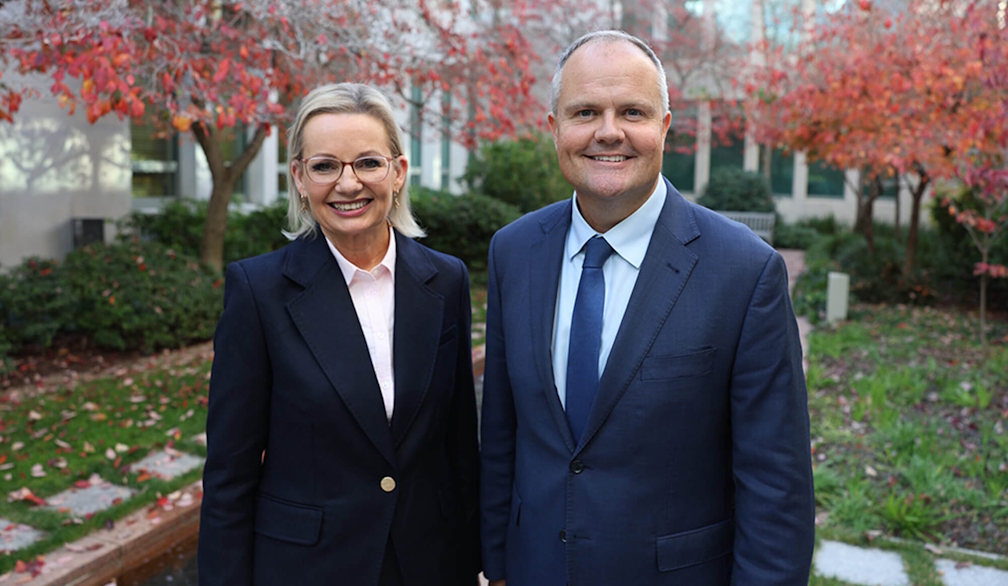Improving Relationships: How Men Can Strengthen Their Bonds and Communicate Better

Relationships are a key part of life, but they aren’t always easy to maintain. For men, the pressures of work, family responsibilities, and societal expectations can sometimes make it challenging to communicate openly and build strong, lasting connections with their partners.
In this post, we’ll explore the common struggles men face in relationships and share actionable tips to improve communication, strengthen bonds and enhance psychology for men.
Understanding the Challenges in Relationships
Relationships often come with challenges, and for men, some of these difficulties stem from internal and external pressures. Men may find it hard to express vulnerability, ask for support, do mens therapy or understand their partner's emotional needs. Several factors contribute to this:
Communication Styles: Many men are socialized to communicate in a straightforward, problem-solving manner, while their partners may be looking for emotional connection and empathy. This difference in approach can lead to misunderstandings.
Cultural Expectations: Men are often expected to be the "strong" partner, which can make it difficult to open up about their own struggles or feelings of inadequacy. This pressure can lead to emotional distance or tension in the relationship.
Busy Lifestyles: With hectic schedules, from work obligations to family commitments, many men find it hard to carve out time for meaningful communication and emotional connection with their partners.
Acknowledging these challenges is the first step toward making improvements. Understanding that both partners have different communication styles and emotional needs can pave the way for better relationships.
Reconnecting with Your Partner
It’s normal for relationships to go through periods of disconnection. However, it’s important to take steps to reestablish a strong bond with your partner before distance turns into frustration. Here are some ways men can reconnect:
Active Listening: Often, men are quick to offer solutions during conversations. While this can be helpful, sometimes partners just want to be heard. Practice listening without immediately jumping in to solve the issue. Show empathy and make sure your partner feels understood.
Schedule Quality Time: Life’s distractions can get in the way of intimacy. Prioritize spending quality time with your partner without the interruptions of work or technology. Whether it’s a date night or a simple walk, undivided attention can help rekindle emotional closeness.
Physical Connection: Affectionate touch, whether it’s holding hands, hugging, or a gentle back rub, can strengthen your bond. Physical contact can create feelings of security and love, making both partners feel closer.
Recognizing and Addressing Unmet Needs
One of the biggest sources of conflict in relationships is when one or both partners feel their needs aren’t being met. It’s important to recognize what you—and your partner—need to feel fulfilled in the relationship.
Identify Your Needs: Take time to reflect on what you feel is missing. Do you need more affection, appreciation, or time together? Once you’re clear on what you want, it’s easier to communicate it to your partner.
Ask About Their Needs: Open the conversation by asking your partner what they need more of in the relationship. Do they feel supported? Are there areas where they feel neglected? This shows you’re invested in their happiness and willing to make changes.
Create Mutual Goals: It’s important that both partners are working toward the same relationship goals. Whether it’s improving communication, being more affectionate, or spending more time together, establishing mutual goals helps align both partners' needs.
Communicating Effectively and Openly
Good communication is the foundation of a strong relationship. While it can be tempting to avoid difficult conversations, addressing problems head-on can prevent resentment from building up. Here’s how to communicate more effectively:
Be Vulnerable: Vulnerability can be challenging, especially for men who feel they need to maintain a tough exterior. However, being open about your feelings can create a deeper emotional connection. Share your fears, anxieties, and desires honestly.
Use "I" Statements: When discussing issues, focus on your own feelings rather than blaming your partner. For example, instead of saying, "You never listen to me," try, "I feel unheard when I try to express myself." This approach reduces defensiveness and keeps the conversation constructive.
Check In Regularly: Make a habit of checking in with your partner about the relationship. Ask how they feel things are going and whether they’re happy with the current state of things. This can help you address issues early before they become bigger problems.
Building a Stronger Relationship Together
Strengthening your bond with your partner is an ongoing process. Here are some additional tips to help you grow together:
Celebrate Successes: Recognize and celebrate the positive aspects of your relationship. Whether it’s a small victory or a major milestone, taking time to appreciate your connection strengthens your emotional bond.
Practice Gratitude: Regularly expressing gratitude for your partner fosters a positive dynamic. Let them know what you appreciate about them, whether it’s their support, love, or the little things they do every day.
Seek Help if Needed: If communication breaks down or issues persist, don’t hesitate to seek professional help such as psychology for men. A therapist can offer tools and strategies to improve communication and resolve conflicts.
Conclusion
Improving your relationship requires effort, patience, and a willingness to understand and meet both your needs and your partner’s.
By reconnecting, addressing unmet needs, and practicing open communication, men can strengthen their bonds and create more fulfilling relationships.
Remember, a healthy relationship isn’t about perfection—it’s about growth, compromise, and mutual support.












